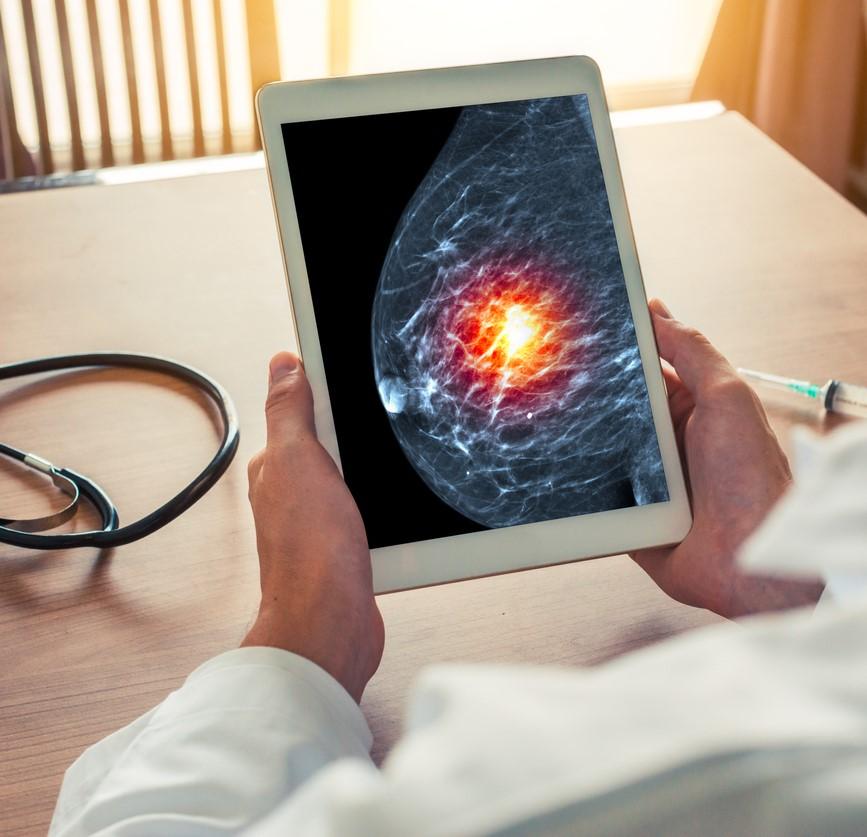Nearly 16 months after the COVID-19 pandemic began in the United States, new studies are showing just how far reaching the repercussions of the pandemic have been on the US population.
A study from the Centers for Disease Control and Prevention (CDC) published in Preventive Medicine shows sharp declines in both routine breast cancer and cervical cancer screenings, with screening for breast cancer declining 87% and cervical cancer screening declining 84% during April 2020 as compared with the previous 5-year averages for that month.
Black, American Indian, and Hispanic women were disproportionately affected by the declines in screening: Declines in breast cancer screening soared to 98% among American Indian/Alaskan Native women, and declines in cervical cancer screening was 82% for Black women, and 92% among Asian Pacific Islander women.
"This study highlights a decline in cancer screening among women of racial and ethnic minority groups with low incomes when their access to medical services decreased at the beginning of the pandemic," said Amy DeGroff, PhD, MPH, CDC health scientist and lead author, in a press release. "They reinforce the need to safely maintain routine health care services during the pandemic, especially when the health care environment meets COVID-19 safety guidelines.”
By the end of June 2020, screenings had begun to return to normal levels, the authors said.
Survey: Vaccination more likely with paid sick leave
The latest Kaiser Family Foundation Vaccine Monitor Report shows that workers are more likely to get a COVID-19 vaccine when their employer encourages it or provides paid sick leave to get vaccinated and recover from any side effects. Two-thirds of poll respondents said their employers had encouraged them to get vaccinated, and half said they were offered paid leave.
And 3 in 10 adults who are waiting to get a vaccine said they would do so more quickly if the Food and Drug Administration would approve the vaccines.
The CDC COVID Data Tracker shows 381,831,830 COVID-19 vaccine doses have been delivered in the United States, and 325,152,847 doses have been administered, with 154,199,664 Americans fully vaccinated (66.2% of adults have at least one dose).
In the Vaccine Monitor Report, Kaiser also reports most people report family member share their vaccine status: 77% of vaccinated adults said everyone in their household is vaccinated and a similar share (75%) of unvaccinated adults said no one they live with is vaccinated.
And that division falls on political party lines, with roughly 60% of Democrats reporting living in all-vaccinated households while 39% of Republicans reporting living in all-unvaccinated homes.
Other US developments
- The US reported 11,596 new COVID-19 cases yesterday, and 359 deaths, according to the Johns Hopkins COVID-19 tracker.
- The scores from the first standardized tests taken during the pandemic are offering a glimpse of how far students have fallen behind, the Associated Press reports. A report released by Texas officials Monday showed the percentage of students reading at their grade level slid to the lowest levels since 2017, and math scores fell to their lowest point since 2013.
- The Supreme Court on Tuesday refused to lift the CDC's moratorium on evictions, the New York Times reports. The moratorium, which was imposed in response to the pandemic to help prevent the spread of COVID-19, is set to expire Jul 31.




















